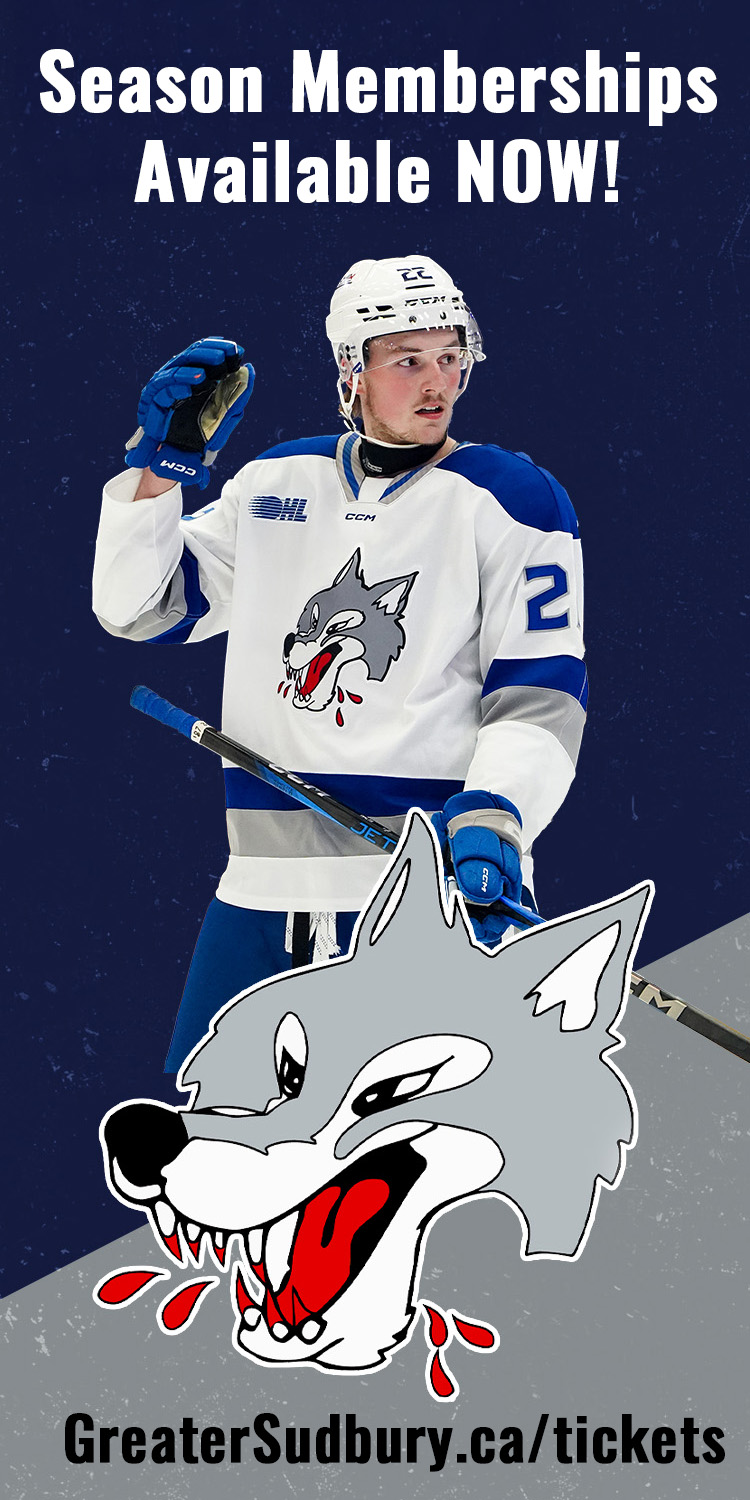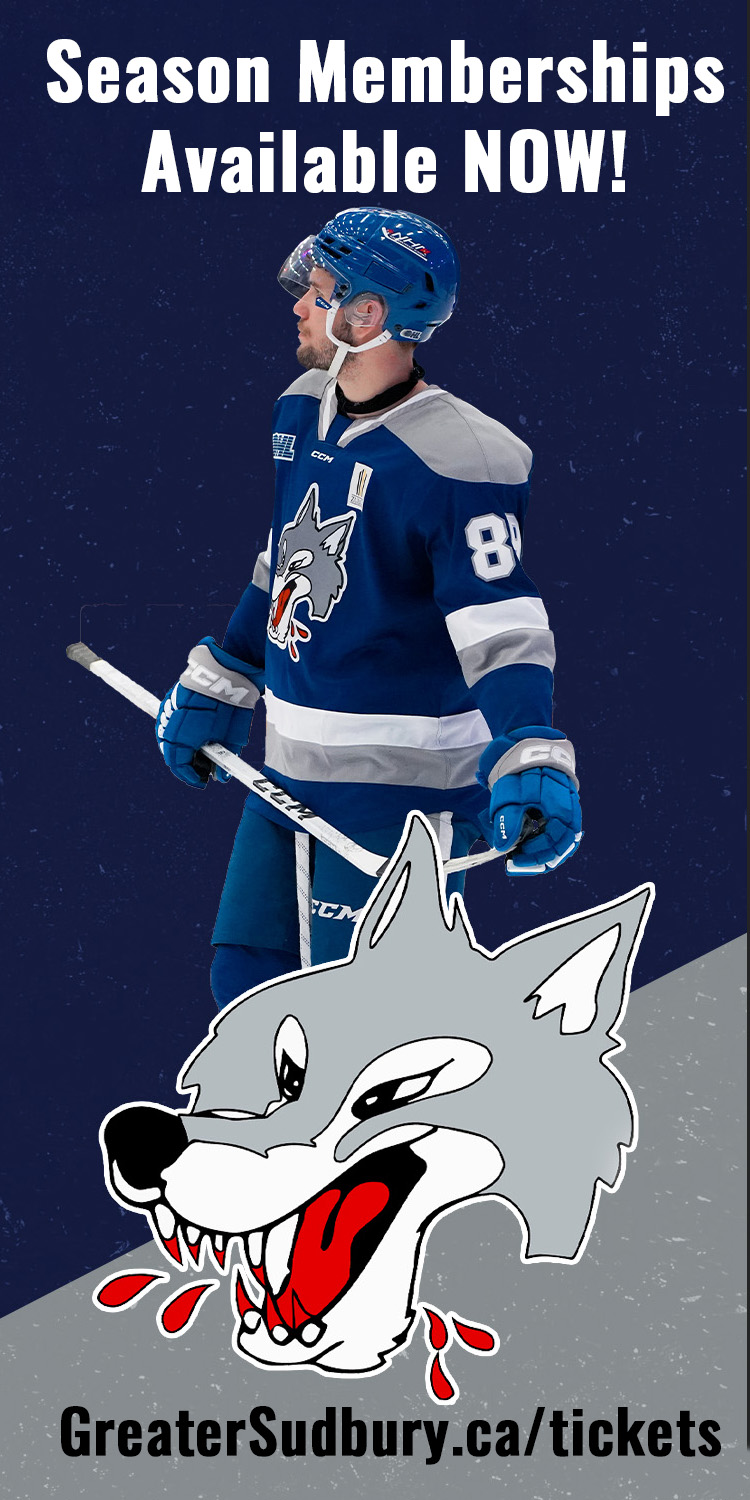
Celebrating 30 years of karate practice last week, three decades spent as a follower, a competitor and a coach, there is no denying the passion that Charles Fink holds for his sport.
His belief in the core values that traditional karate embraces – respect and integrity; honesty and perseverance – is unwavering. In many ways, Fink sees his day to day life as a natural extension of the mindset he carries into the dojo (a room in which martial arts are practiced) several times a week.
Now, the sessional teacher within the Faculty of Education and Health at Laurentian University is merging his fascination with the interplay between sport and life with his academic interest.
Fink is currently pursuing a PhD in Human Kinetics with a thesis devoted to developing a far better understanding of the actual transmission of the core values of karate, those which date back a century or more in Japan – but values that are being shared within the context of the Canadian environment of the sport.
Breaking down the interaction between coach and athlete (or “sensei” and “deshi”, as teacher and student are known in karate), Fink is delving into the very specific manners in which the teachings from a land (Japan) in which karate is viewed as a path to personal growth - which then contributes to the overall enhancement of society - can be duplicated in Canada.
“When you set foot in any karate school (in Canada), a traditional Japanese dojo, it’s almost like taking an imaginary trip to Japan,” explained Fink. “We engage in Japanese courtesy and etiquette, we use Japanese language and terminology in Canada – but we do it in a Canadian context.”
“When you go to Japan, this etiquette, this protocol, it’s not limited to the dojo,” continued the 51 year-old who subscribes to the “Seiwakai” stream of karate studies. “The whole country is like that. Where here, it’s perhaps somewhat artificial, in Japan, it’s organic.”
“It’s really a lot of fun to see how the culture has influenced the art.”
While it was not part of his formal research, a two-week sojourn to the “Land of the Rising Sun”, this past summer, with a dozen or so other Sudbury karate practitioners allowed Fink not only the opportunity to enhance his karate-specific knowledge at the home of the grand master, but also to enjoy casual observation of how sport and culture prosper in support of one another in Japan.
“It’s amazing to go to Japan, just as a tourist, but from a karate standpoint, there are certainly some technical elements that you learn,” he confessed. “When you are training with a master of that stature, there are always some little physical things that you see can be refined.”
“From a non-technical side, the takeaway is a cultural one – and my research ties back to this.”
Still, the bulk of his research has and will continue to take place in Canada, albeit with the involvement of countless others within the karate faithful who have made the pilgrimage to the Far East at some point in their lives. For those who instruct at the highest levels of karate in Canada, the trip is a virtual necessity – not to mention an experience that only serves to broaden the overall scope of their knowledge.
Reaching out to the Karate Canada Hall of Fame committee, a “committee of elders”, as Fink explained, the lifelong northern Ontario mainstay specifically targeted individuals who boasted a deeply rooted involvement in karate for his research, moving on to establish small discussion groups and fostering unscripted conversational interviews.
“We asked the questions and allowed the answers to pour out of those masters.”
Looking to defend his thesis hopefully in the spring of 2025, Fink and supporters are now in the process of pulling together all of the data and running a “thematic analysis”. “We are now dissecting this information and certain things are coming to the surface,” he stated.
“The idea of respect is over-arching (as was expected) – but another theme that came out of the research is that karate is a school for life,” he suggested. “We are developing tools within the karate practice that can apply in the outside world. If you were to catch any of my classes, whether that’s in a karate school or the classroom or the gym, I am the same person.”
Which is to say a person who genuinely is enjoying his on-going journey of discovery.
“We want the research to be sound, to withstand the rigours of academic scrutiny, but it also has to be a joyful experience,” Fink stressed. “I am doing this for the pleasure of doing it. I want to go through the experience to enjoy the opportunity for personal growth – and learn a lot about karate, while I am at it.”






